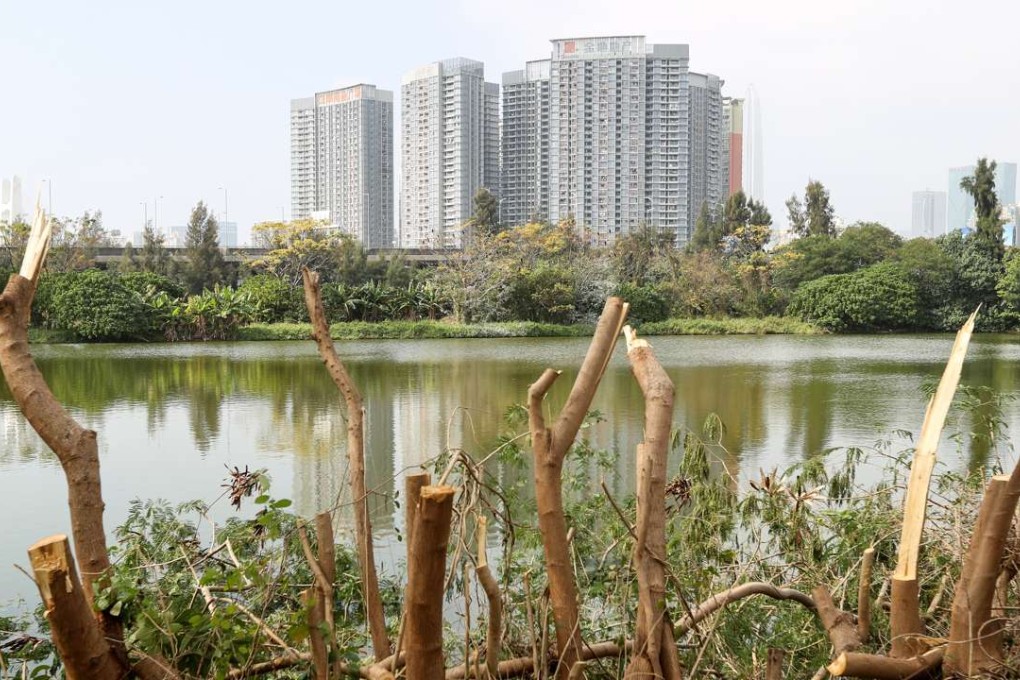Hong Kong has a stake in the birth of a Greater Bay Area in China’s south
Sonny Lo says Beijing’s commitment to foster regional integration in southern China is clear. With plans already afoot, it’s up to Hong Kong to play its role well, alongside Guangdong and Macau

A day after he spoke about it, Guangdong governor Ma Xingrui (馬興瑞) expressed hope that the Dawan area (literally, “big bay area”) should not only be comparable to New York, Los Angeles and other coastal economies, but also have a way of coordinating regional differences in tax systems and transport networks.
Echoing Ma, the Guangdong Development and Reform Commission director He Ningka (何寧卡) called for a concrete blueprint for deeper integration, which would involve strengthening infrastructure networks to enhance interaction and spur innovation; consolidating trade relations to support“One Belt, One Road”; and creating high-quality, environmentally friendly cities where people live and work.
Hong Kong will come to appreciate its high-speed rail and other regional links
The idea of a Greater Bay Area is not new. The mainland government has, in recent years, sought the deeper integration of Hong Kong and Macau into southern China. In the nation’s 12th five-year plan, for example, the government urged the two cities to promote coordinated growth and “develop a world-class metropolitan cluster”.
Most recently in the 13th five-year plan, unveiled last year, Hong Kong was designated a global offshore renminbi business hub, and expected to further promote its professional and financial services. The main idea is to make it a regional hub by not only strengthening its cooperation with the development areas of Qianhai, Nansha and Hengqin on the mainland, but also playing a more active role in Beijing’s belt and road initiative.
